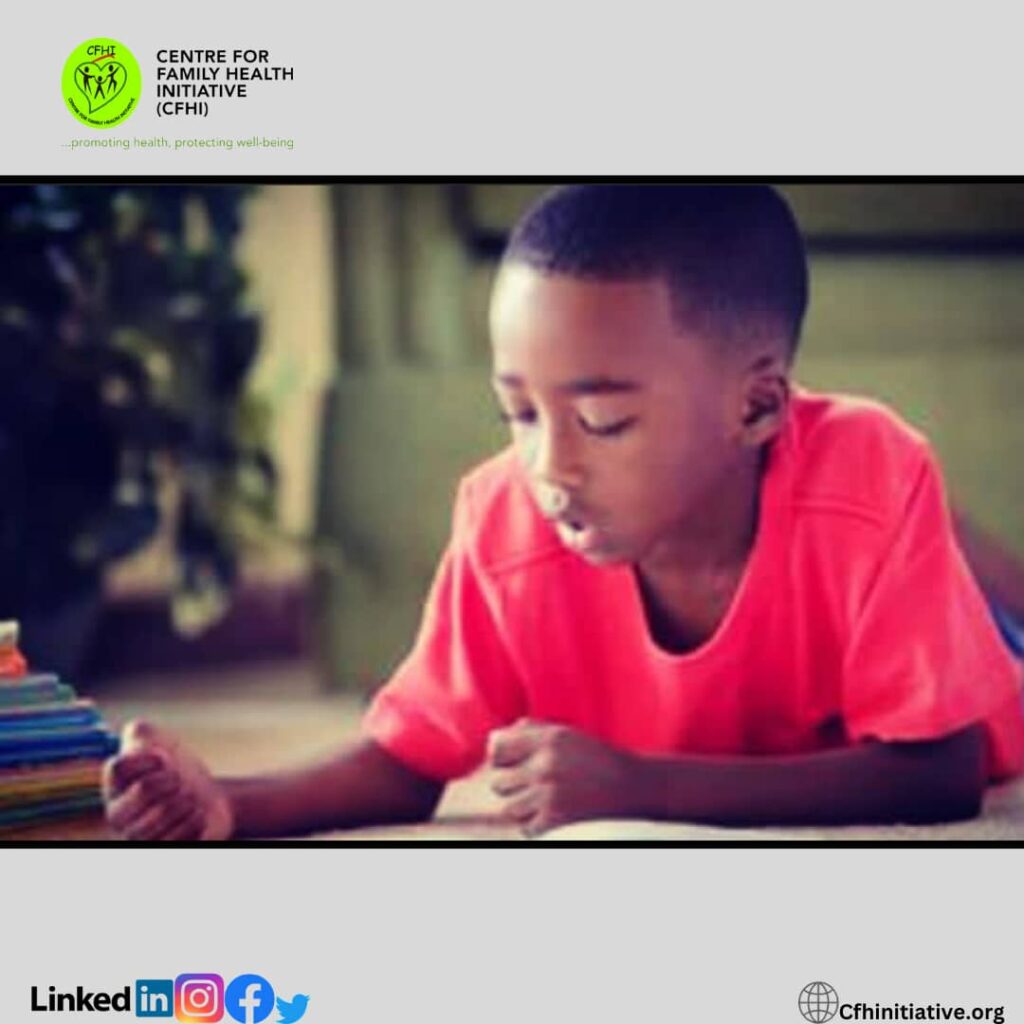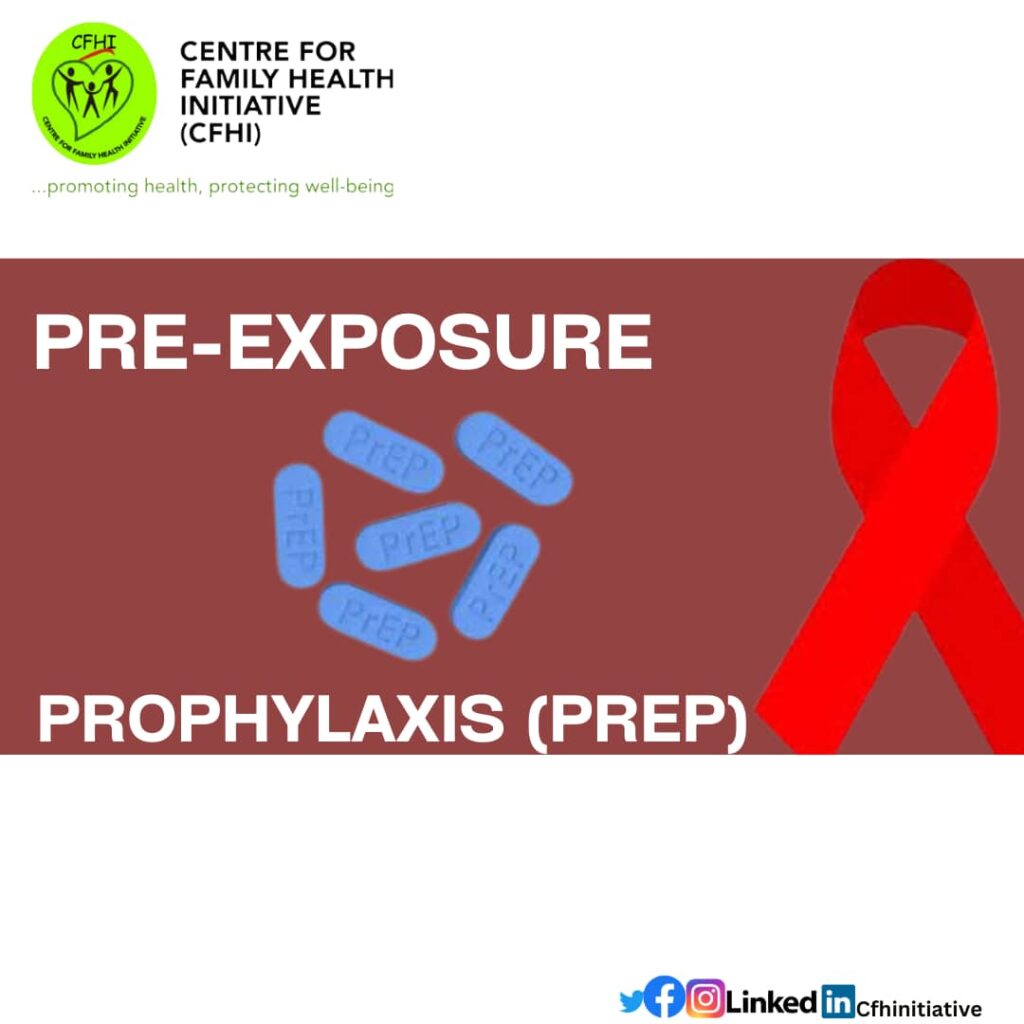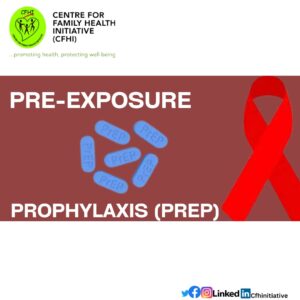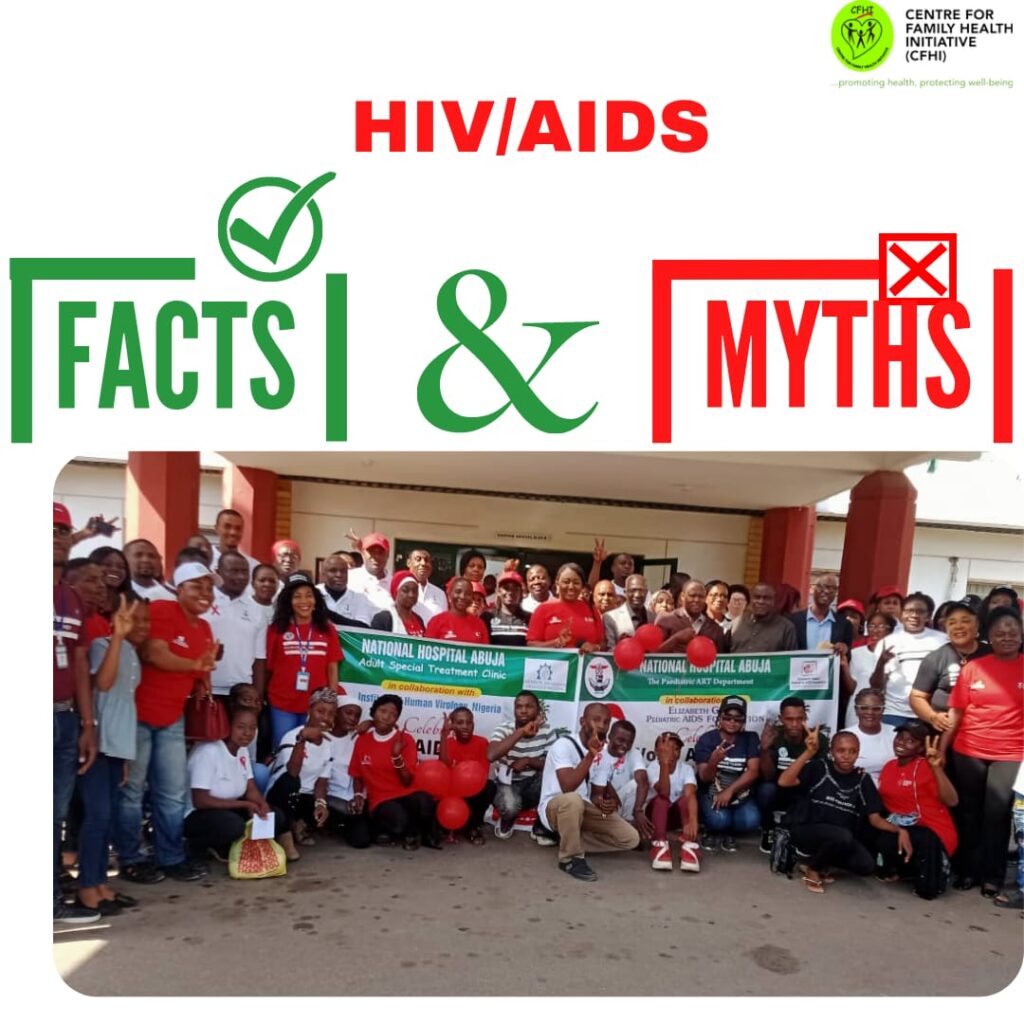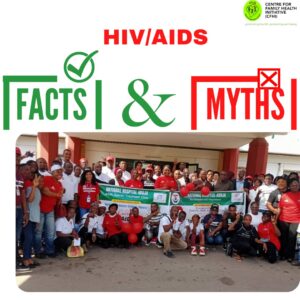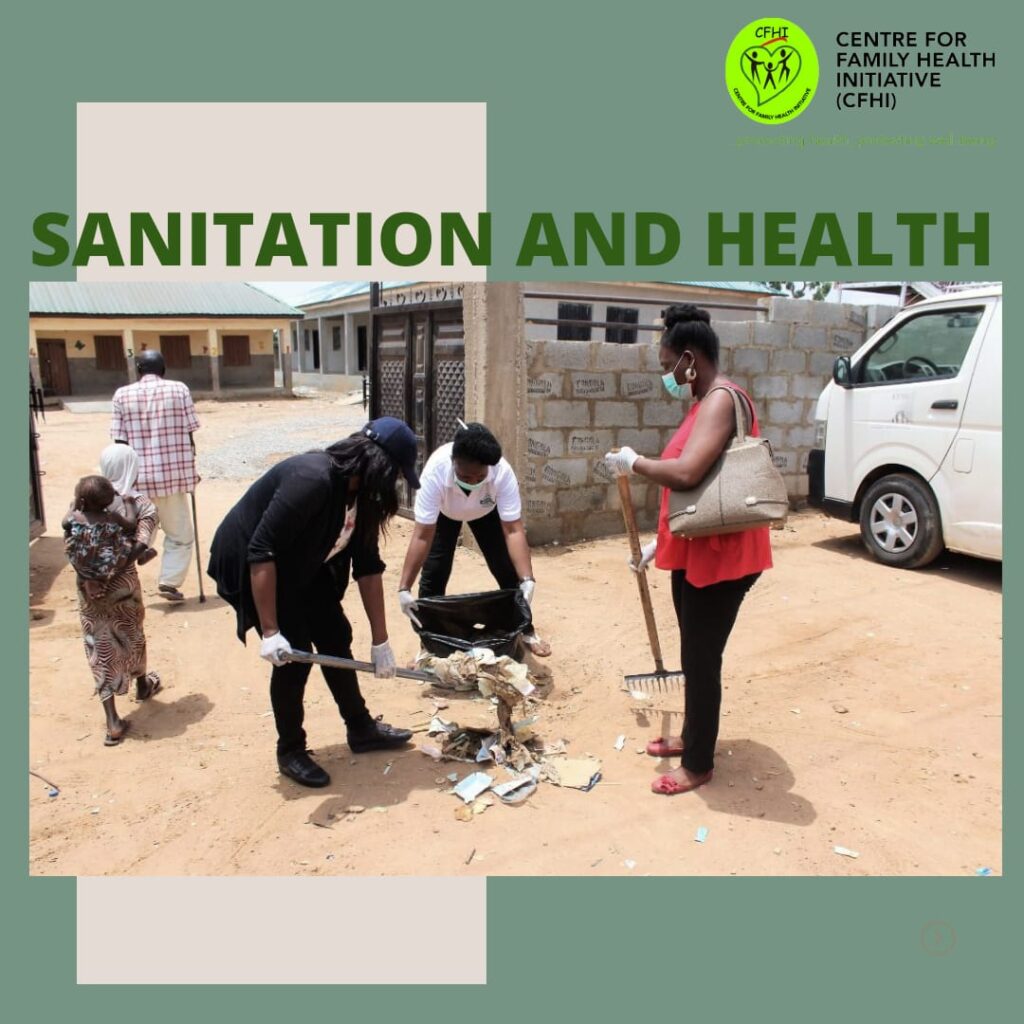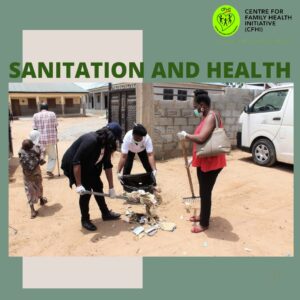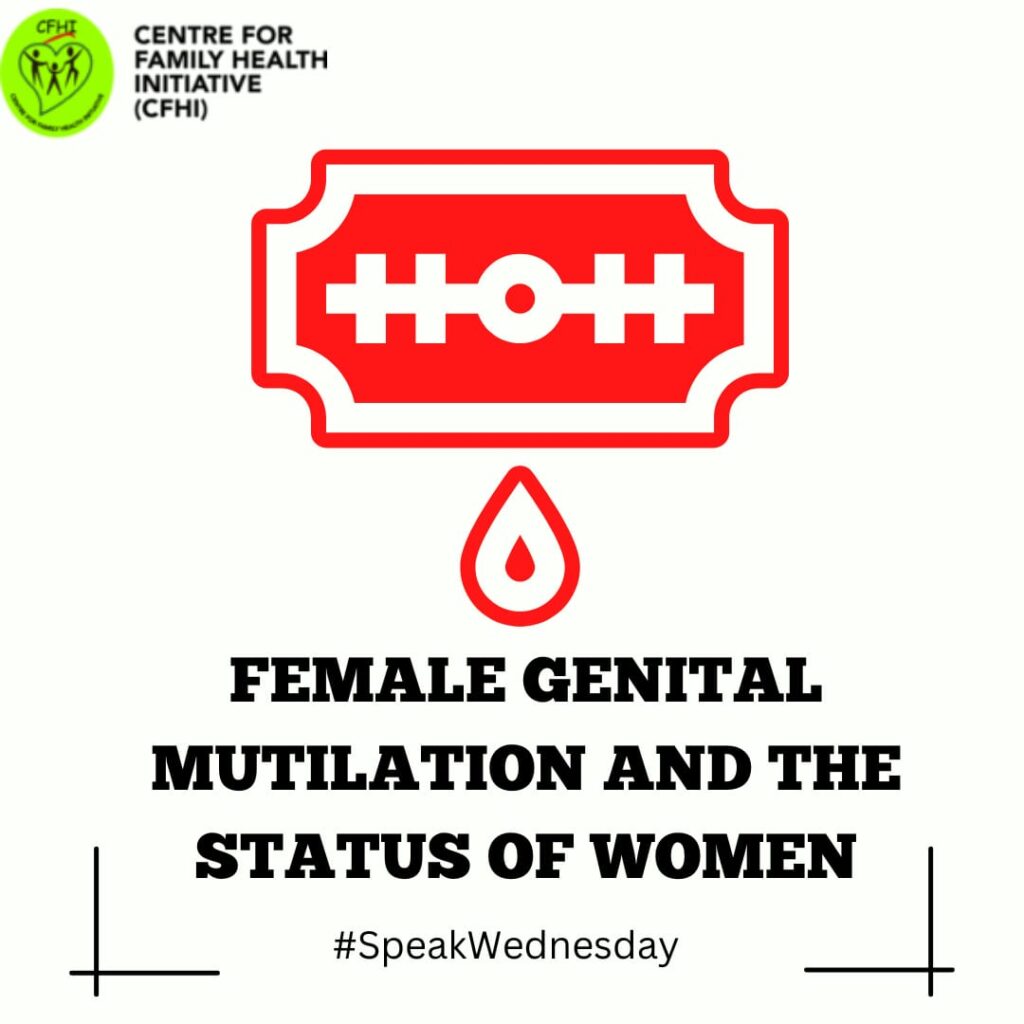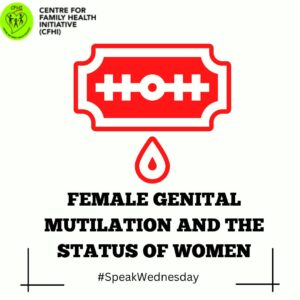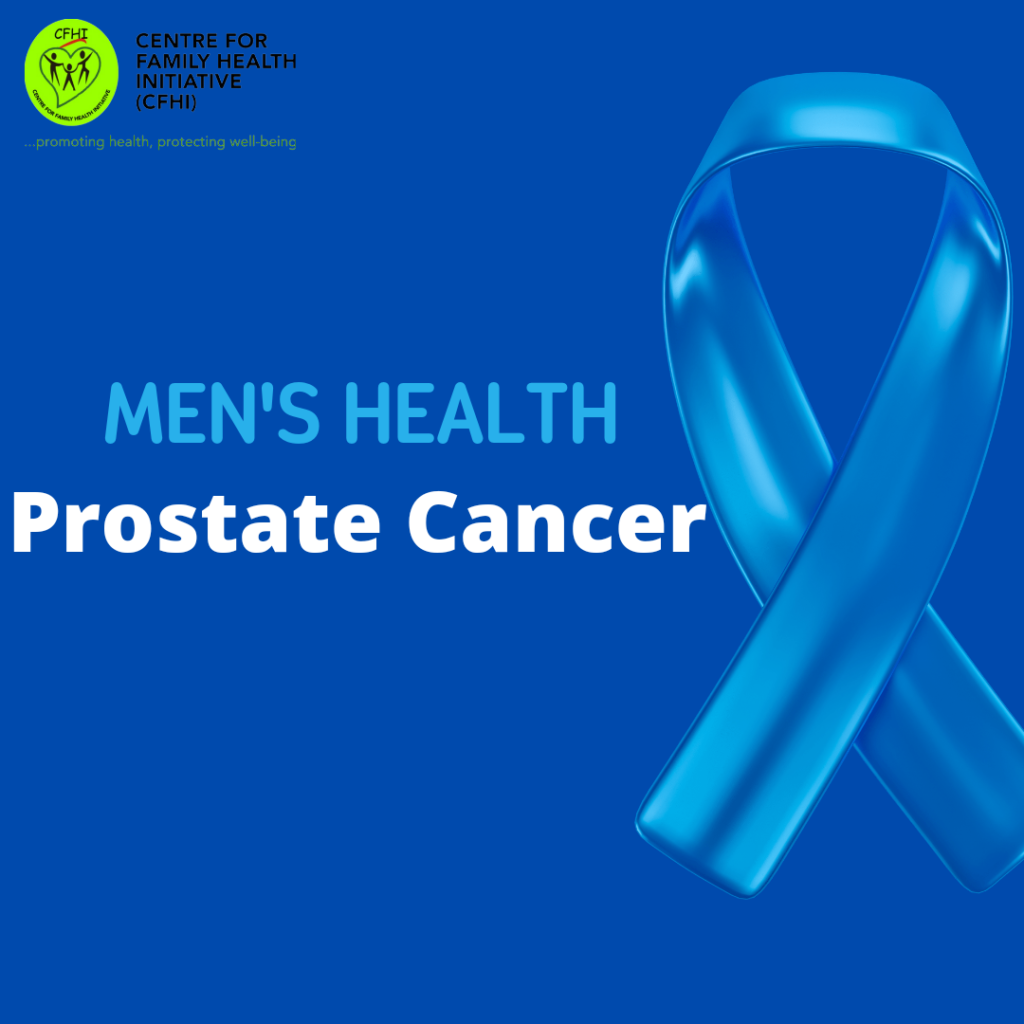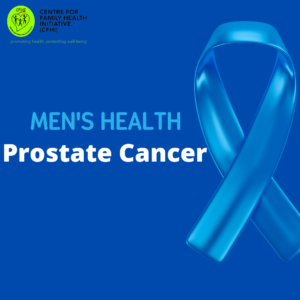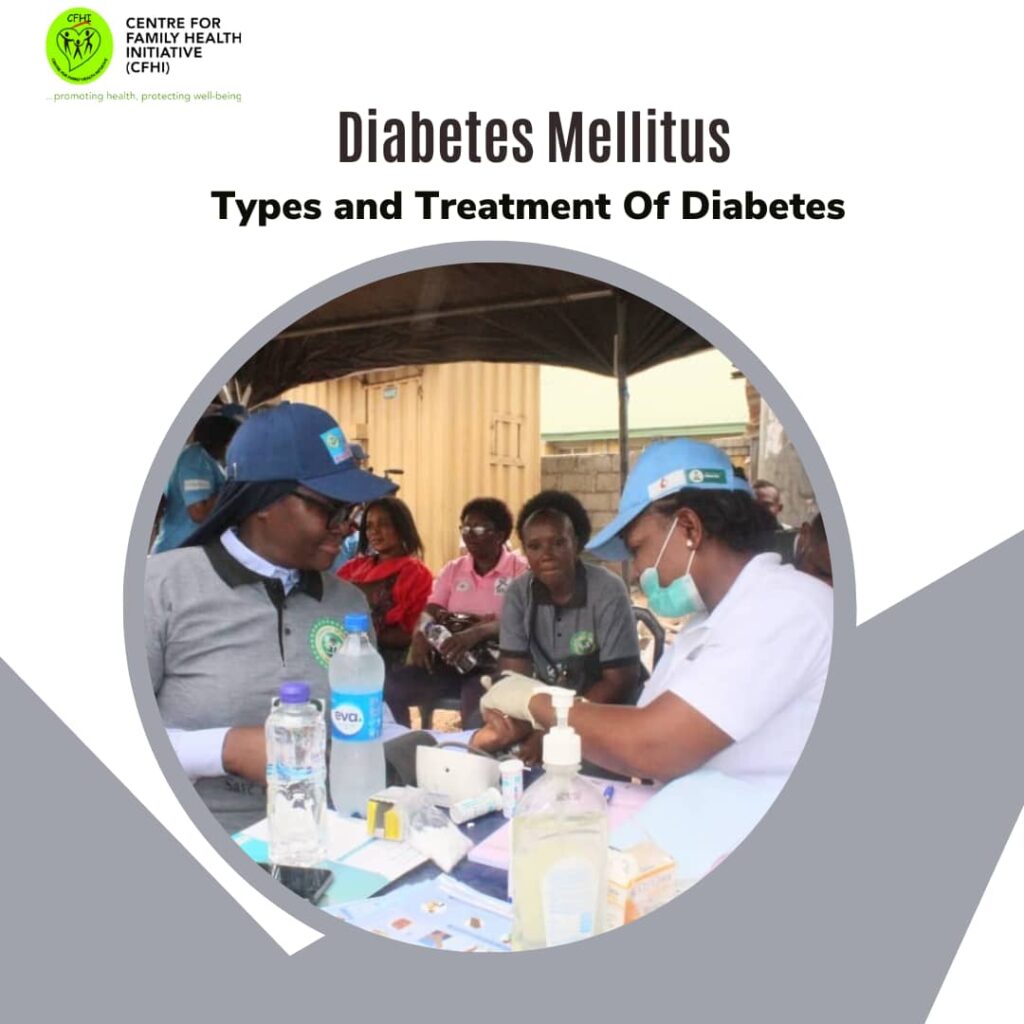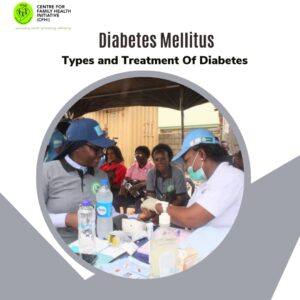SPEAK WEDNESDAY ON EFFECTS OF DOMESTIC VIOLENCE ON WOMEN’S HEALTH
The Nigerian federal law, Violence Against Persons (Prohibition) Act VAAP which was passed to address violence against women defines domestic violence as any act perpetrated on any person in a domestic relationship where such act causes harm or may cause imminent harm to the safety, and health, or well-being of any person.
This violation of human rights can take many forms, including physical, sexual, and psychological abuse. Women are more likely than men to be victims of domestic violence. Women who experience intimate partner violence have more health needs and seek health services more frequently than the general population, and their use of these services rises as the frequency and severity of violence increases. ~ Black MC
According to World Health Organization, the health consequences of domestic violence on women can be immediate, acute, long-lasting or chronic, and the common ones include;
Physical Effects
- Acute or immediate physical injuries, such as bruises, lacerations, punctures, burns and bites, as well as fractures and broken bones or teeth
- More serious injuries, which can lead to disabilities
- Long term health problems and poor health status
- Death
Additionally, women who experience domestic violence are more prone to develop mental illnesses like post-traumatic stress disorder, depression, anxiety, sleeping problems, and occasionally even suicidal thoughts.
In order to lessen domestic violence in our society, it is advised that victims of domestic abuse come forward or report the abuse to the appropriate authorities for assistance.
Domestic violence is unacceptable. Say no to domestic violence.
Speak Wednesday is an initiative of CFHI to address issues around gender-based violence and gender bias.
#SpeakWednesday #GBV #SayNoToDomesticViolence #Women’srights #genderequality #genderbias
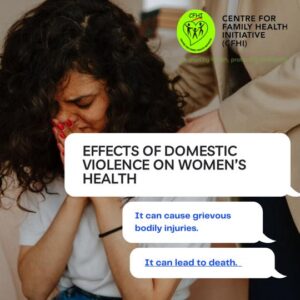
SPEAK WEDNESDAY ON EFFECTS OF DOMESTIC VIOLENCE ON WOMEN’S HEALTH Read More »

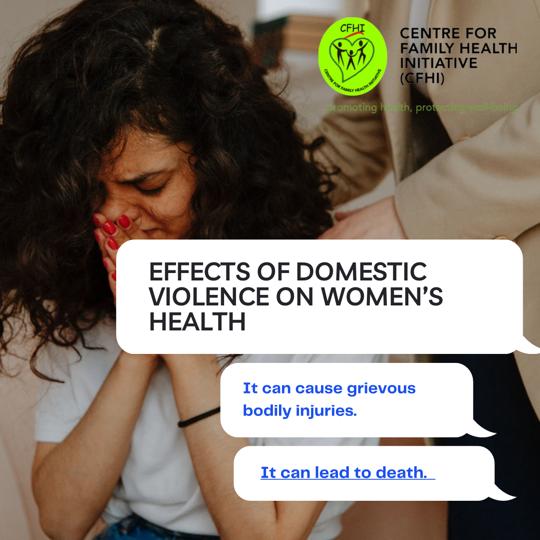
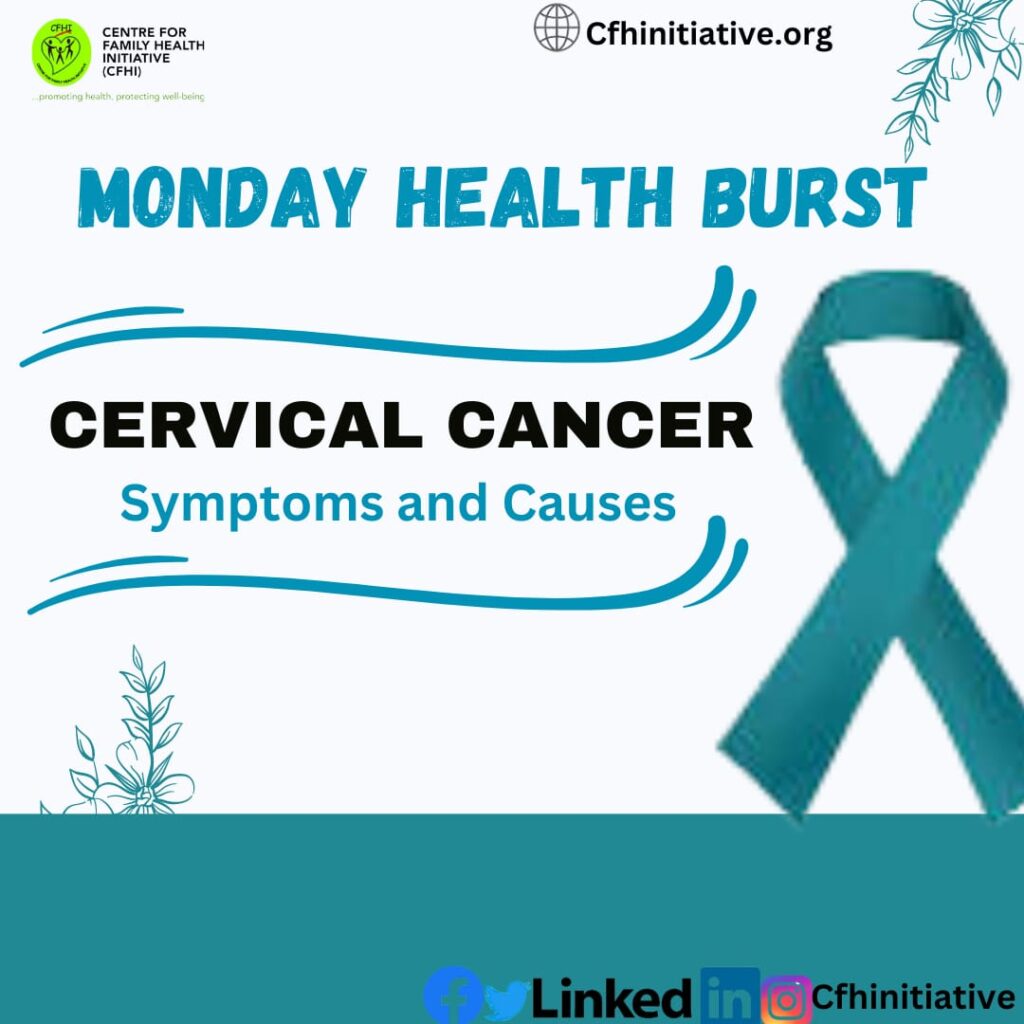
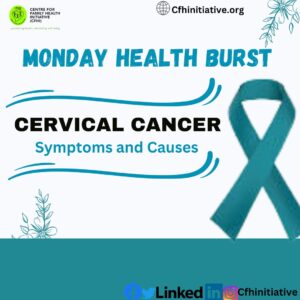
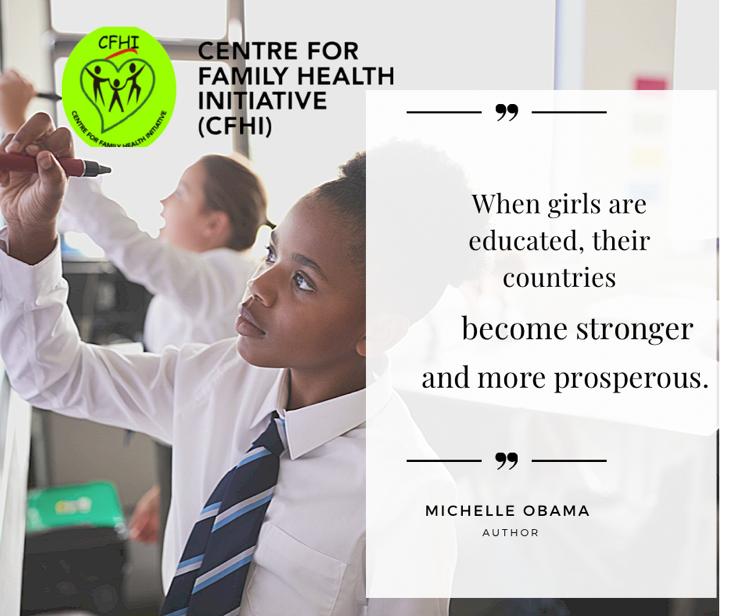
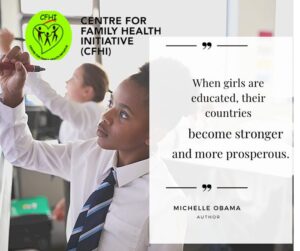 …
…